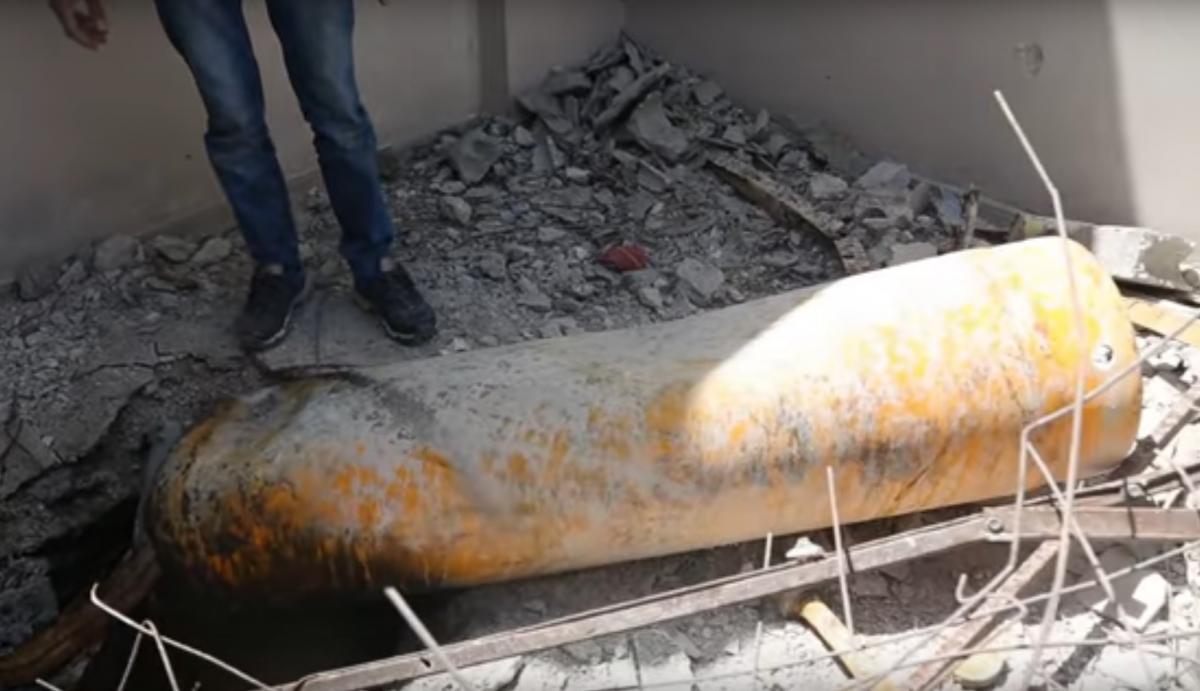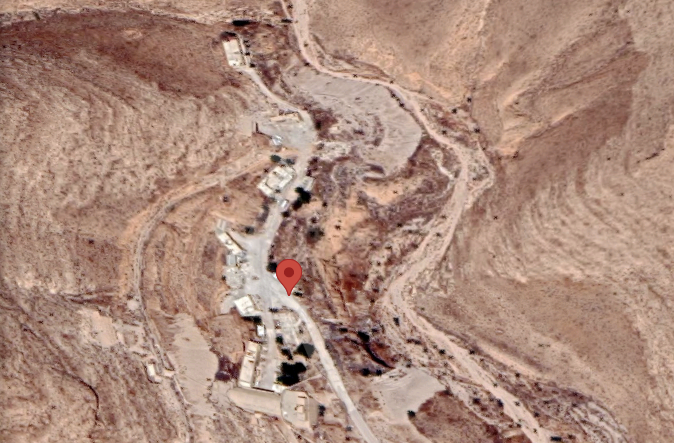 |
Syria's Assad regime is resisting calls to substantiate its claim that Israel has destroyed evidence relating to an alleged chlorine attack on Douma in 2018.
According to the regime, two gas cylinders at the centre of the Douma investigation were among the "losses" resulting from "flagrant" airstrikes by Israel on June 8.
A month later, the regime sent a one-page note to the OPCW, the global chemical weapons watchdog, informing it of the alleged destruction. The OPCW replied quickly, asking for documentary evidence, but received no answer. Follow-up letters sent to Syria on 25 August and 13 September have also been ignored.
A report from the OPCW in 2019 found "reasonable grounds" to believe a chemical attack had taken place in Douma and the organisation's Investigation and Identification Team (IIT) is currently trying to establish who was responsible. The IIT had been seeking to transport the cylinders to OPCW headquarters for forensic examination but the Syrians refused to let them leave the country.
As a result of that stand-off the cylinders had been placed in sealed containers and the Syrian authorities were told not to tamper with them or move them without written consent from the OPCW.
It appears, though, that the Syrians did move them. According to their note, the cylinders were destroyed when Israel bombed a site known as Nasiriyah1 – some 60km away from where they were supposed to be stored.
|
The Nasiriyah site itself is of interest to investigators because it includes a chemical weapons production facility. Although Syria declared this after formally renouncing chemical weapons, the OPCW's Declaration Assessment Team (DAT) recently uncovered an "outstanding issue" there.
The DAT is tasked with verifying Syria's chemical weapons declaration originally issued in 2013 but, eight years later, it is still unable to do so. Syria has accepted that the initial declaration was incomplete and it has since been amended 17 times as a result of discoveries by the DAT. At least 19 other issues relating to the declaration remain unresolved.
Syria's silence over Nasiriyah and the Douma cylinders was reported earlier this week in a monthly update from the OPCW's Director-General ironically headed "Progress in the Elimination of the Syrian Chemical Weapons Programme".
Syria asks OPCW to pay expenses
The report also describes wrangling over a proposed meeting with Syrian officials. Since April, the OPCW has been seeking to hold a new round of consultations in Damascus about the continuing problems with its chemical weapons declaration. Initially it proposed to hold the discussions in May but Syria didn’t reply until August, when it asked to re-schedule them for October.
The re-scheduled meeting was then postponed again after Syria refused a visa for one member of the DAT team. The OPCW pointed out that the person in question had been sent to Syria “on multiple occasions over the past seven years” and that Syria wasn’t entitled to determine the composition of its team. As an alternative, it offered to receive a Syrian delegation at OPCW headquarters in The Hague “for a limited three-to-four-day meeting”.
Syria responded cheekily on October 1, asking the OPCW to pay the air fares and accommodation costs of its delegation. The OPCW replied that such costs could be avoided if Syria would grant visas for all the DAT team to visit Damascus as originally proposed.


 RSS Feed
RSS Feed

